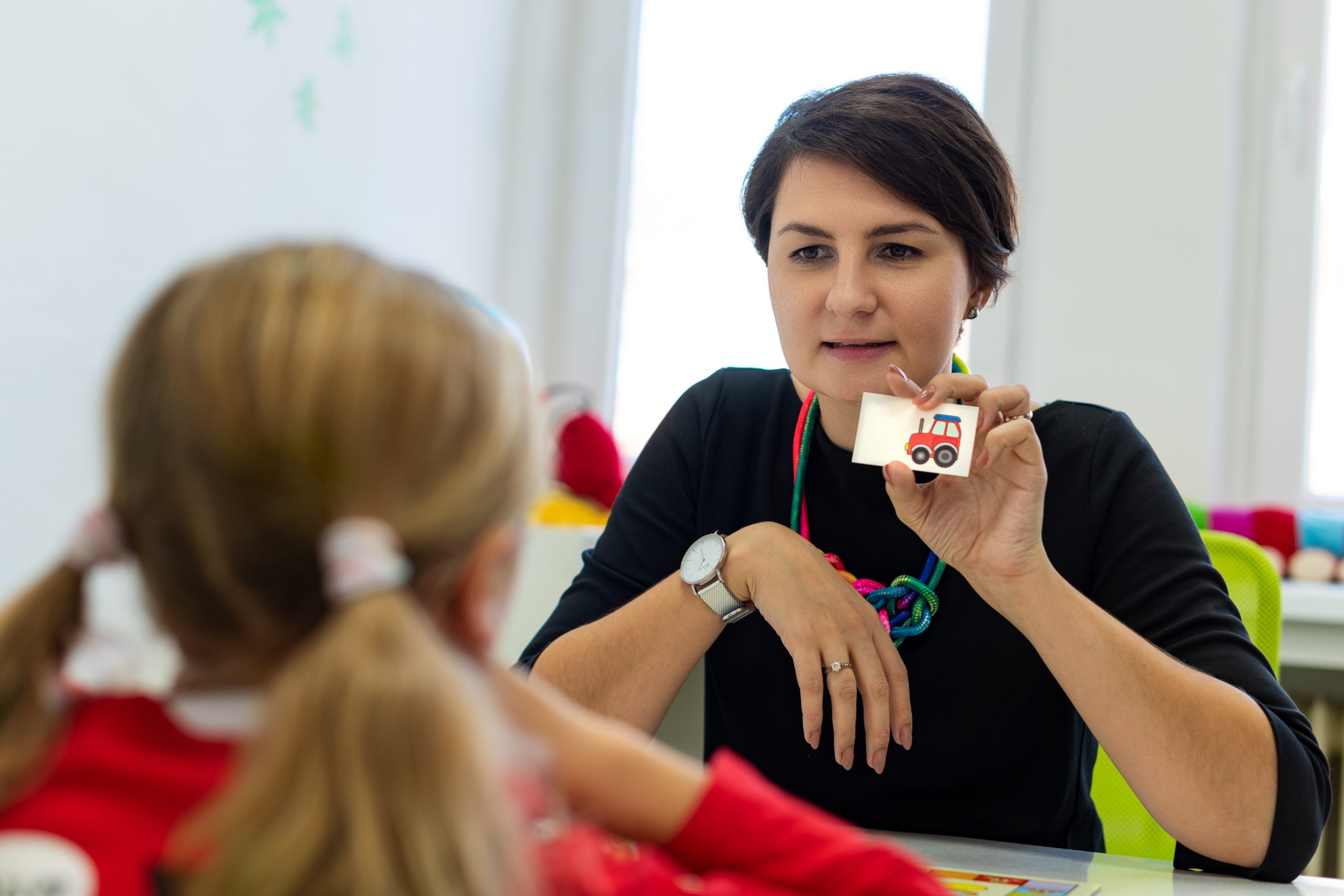
Support staff are striking. © andreaobzerova AdobeStock
<h2><span data-contrast="auto">Specialist learning support workers including speech language therapists, psychologists and advisors for deaf and hard-of-hearing tamariki, among others, have accepted the latest offer from the Ministry of Education, ending their work ban. </span><span data-ccp-props="{";201341983";:0,";335559739";:160,";335559740";:259}"> </span></h2>
<p><span data-contrast="auto">The offer was put to vote and accepted by the specialist learning support workers on August 2. </span><span data-ccp-props="{";201341983";:0,";335559739";:160,";335559740";:259}"> </span></p>
<p><a href="https://www.schoolnews.co.nz/latest-print-issue/" target="_blank" rel="noopener"><strong>Read the Term 3 edition of <em>School News</em> HERE</strong></a></p>
<p><span data-contrast="auto">Lead negotiator for the Ministry of Education field staff Conor Fraser, said: “through our strike action we’ve made some gains around pay and salary progressions, but we still need to see changes around workload as well as a review of te ao Māori and tikanga provisions. We’re establishing working groups for all these outstanding issues.</span><span data-ccp-props="{";201341983";:0,";335559739";:160,";335559740";:259}"> </span></p>
<blockquote>
<p><span data-contrast="auto">“The work we do with tamariki with diverse needs is highly specialised and the call for our services keeps growing. Our workloads remain high and we need more experienced staff in our sector to make it sustainable. This can be addressed by investing in quality public learning support services.”</span><span data-ccp-props="{";201341983";:0,";335559739";:160,";335559740";:259}"> </span></p>
</blockquote>
<p><span data-contrast="auto">The ban began on July 24 and was originally scheduled to end on August 25. The work ban included a pause on taking on new cases, and a provision that “all types of work” only be undertaken between the hours of 8:30 am to 4:30 pm each day. </span><span data-ccp-props="{";201341983";:0,";335559739";:160,";335559740";:259}"> </span></p>
<p><span data-contrast="auto">Speaking at the time, Fraser said that “the work ban sends an urgent message to the Ministry that it needs to address excessive caseloads and the severe shortage of specialist staff in Learning Support, both of which impact negatively on the tamariki we work with.” </span><span data-ccp-props="{";201341983";:0,";335559739";:160,";335559740";:259}"> </span></p>
<p><span data-contrast="auto">According to the Highest Needs Review, a cabinet paper considered in November 2022 and proactively released later that month by the Ministry of Education, “there are still students who are not getting the support they need, and services are being rationed.” </span><span data-ccp-props="{";201341983";:0,";335559739";:160,";335559740";:259}"> </span></p>
<figure id="attachment_27432" aria-describedby="caption-attachment-27432" style="width: 1024px" class="wp-caption alignnone"><img class="wp-image-27432 size-large" src="https://www.schoolnews.co.nz/wp-content/uploads/2023/08/AdobeStock_180299602-1024x683.jpeg" alt="" width="1024" height="683" /><figcaption id="caption-attachment-27432" class="wp-caption-text">AdobeStock by smolaw11</figcaption></figure>
<p><span data-contrast="auto">The lack of learning support has been an issue in the education system for years, with </span><a href="https://www.rnz.co.nz/news/national/382369/disability-support-wait-times-rise-at-ministry-of-education" target="_blank"><span data-contrast="none">RNZ reporting in 2019 that average wait-times for learning support had reached 80 days, or over two months by the end of 2018.</span></a> <span data-ccp-props="{";201341983";:0,";335559739";:160,";335559740";:259}"> </span></p>
<p><span data-contrast="auto">At the time of the report, Mandy Culston, head of Wellington’s Whānau Manaaki Kindergarten Association said that the services were “chronically underfunded” meaning “hundreds of children are going to school with significant developmental delays of learning needs.” </span><span data-ccp-props="{";201341983";:0,";335559739";:160,";335559740";:259}"> </span></p>

Industrial, legal action and unrest between the education sector and the Ministry of Education rises…
Tumuaki Billie-Jean Potaka Ayton shares her perspectives on leadership, and building a community around your…
As well as physical access to spaces, a culture of inclusivity means valuing and respecting…
School design changes with the education ideology changes of the eras, explain New Zealand and…
In this op-ed, Rebecca Thomas encourages educators to pause and rediscover their fire and passion…
Curriculum rewrites at the Ministry of Education are struggling with a lack of clarity, according…
This website uses cookies.